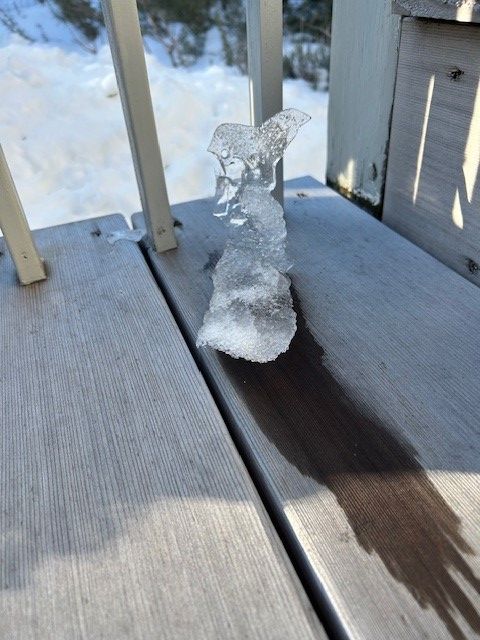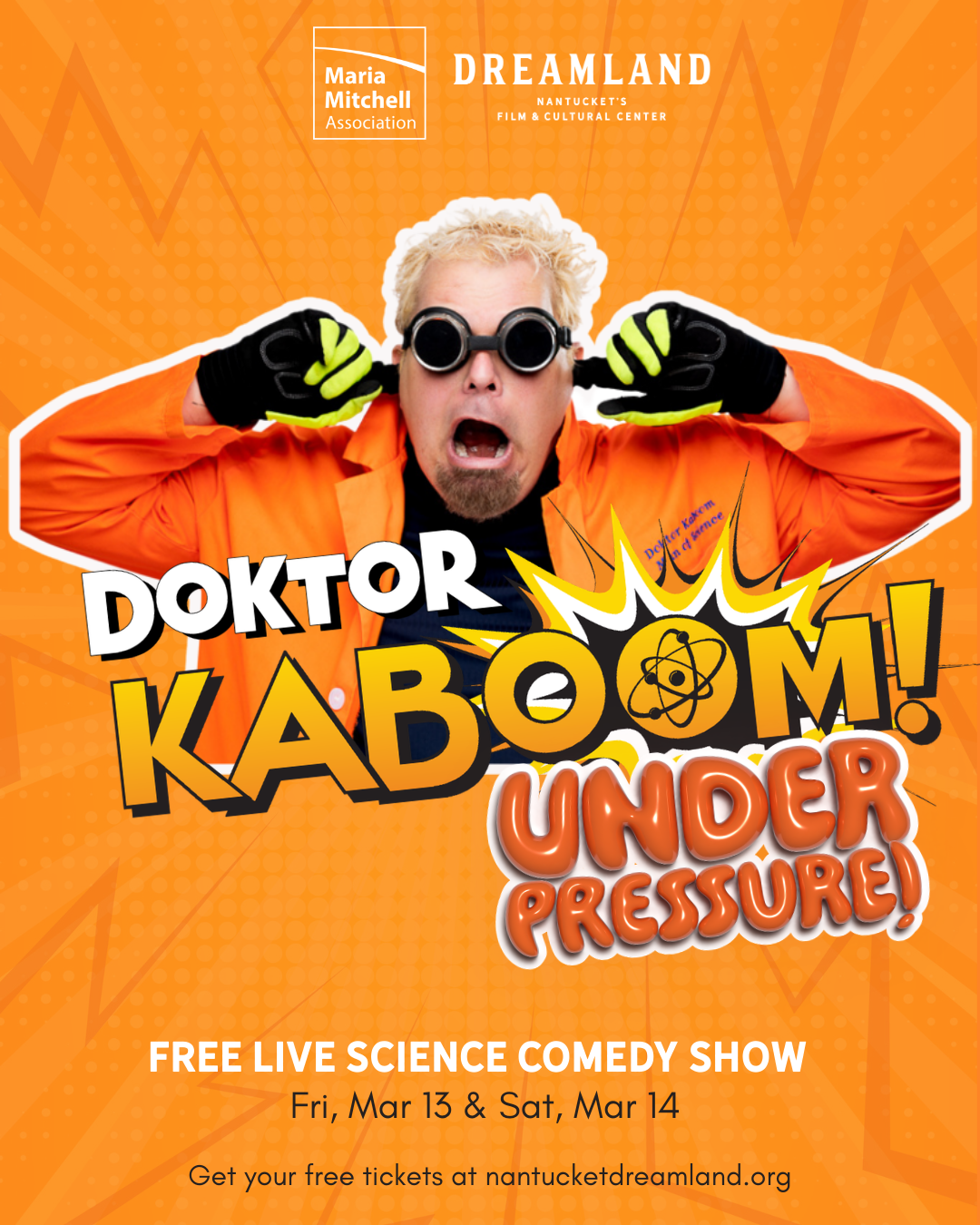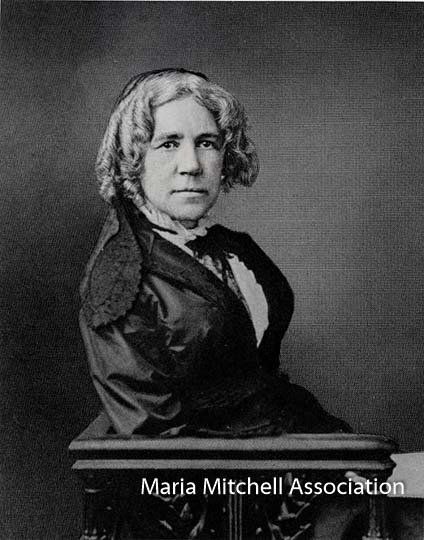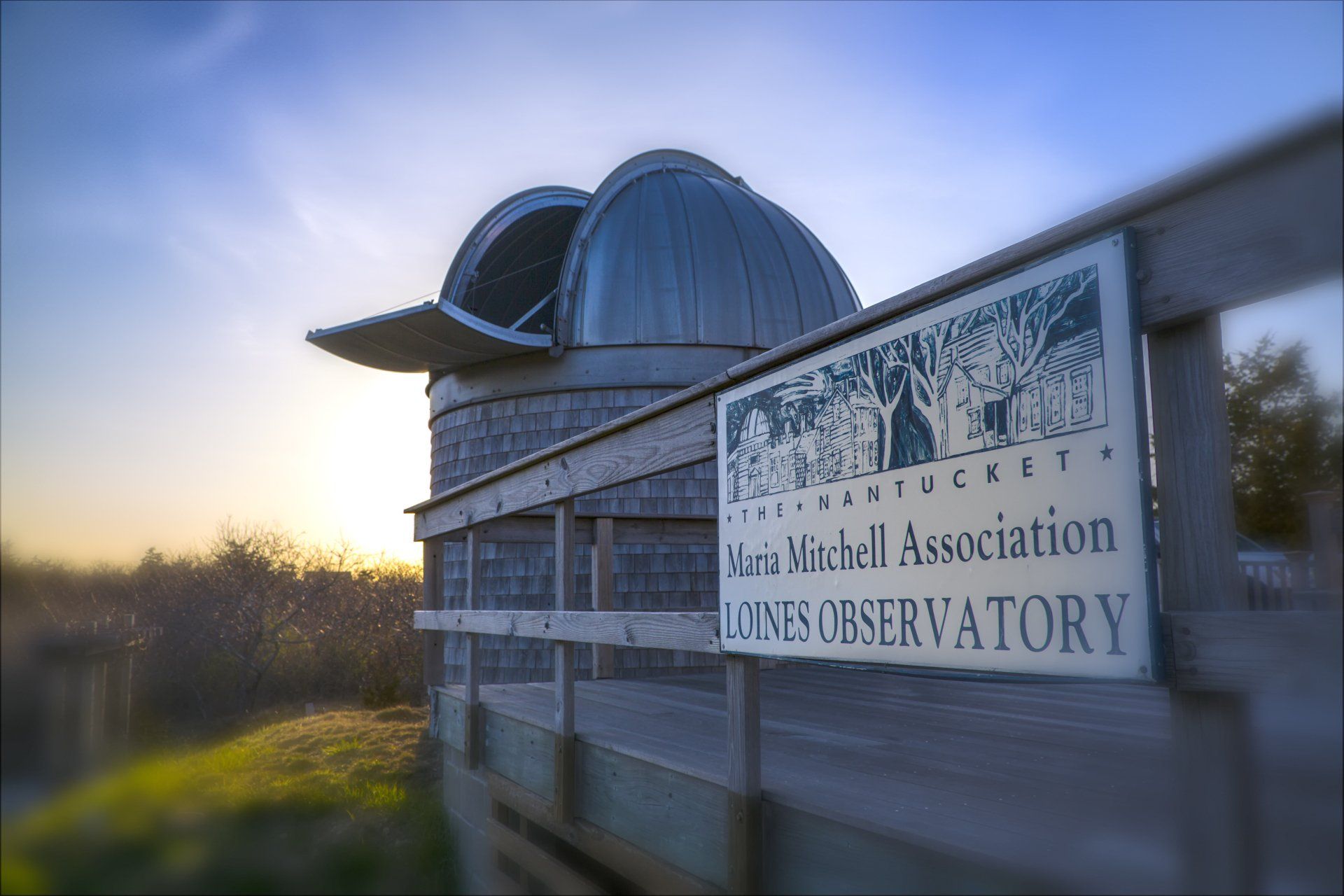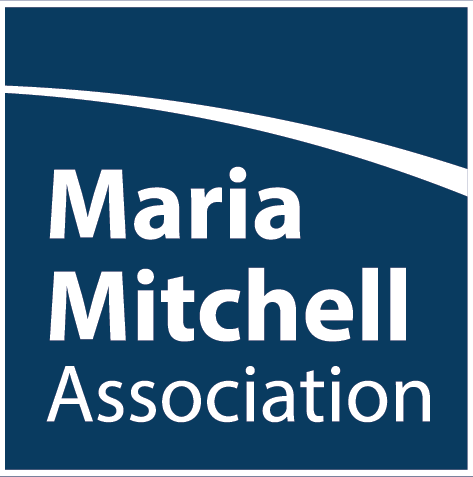Nantucket Maria Mitchell Association and Nantucket Lights Releases Report on the Nantucket Sky Quality Monitoring Project
NANTUCKET, MA—– The Maria Mitchell Association (MMA) and Nantucket Lights are pleased to release the Nantucket Sky Quality Monitoring Project (SQM) report by Dark Sky Consulting, LLC. The joint program, launched in 2022, involves collecting night-sky brightness data from around Nantucket Island from citizen-scientists using handheld Unihedron Sky Quality Meters (SQMs) as measurement devices to study light pollution.
Observations were made from June 2022 to November 2024 at eight sites (Nantucket Town; Madaket Beach; Nantucket Elementary School; Nantucket Memorial Airport; Altar Rock; 'Sconset; Wauwinet; and Surfside Beach), a ninth site (Cisco Beach) was added in August 2024, for which only three months of data are available. These efforts establish a baseline for assessing the effectiveness of actions to mitigate light pollution going forward.
The distributions separate into two broad populations (high development: Nantucket Town; Nantucket Elementary School; and Nantucket Airport) and low/no development: (Madaket; Sconset; Wauwinet’; Surfside Beach; Cisco Beach; and Altar Rock). The darkest readings among the latter tend to occur in spring and summer. For high-development sites, the width of the distribution increases distinctly in summer and its mean shifts toward brighter values. We interpret this as due to an increased population on the island during the summer season.
The group follows the data collection procedure recommended by DarkSky International. Readings are taken under conditions intended to minimize interference from environmental influences. For example, reading does not commence until the end of astronomical twilight, which occurs about 90 minutes after sunset. Observers are encouraged to report only data taken under conditions of clear skies, which is sometimes not possible due to the vagaries of Nantucket weather. Additionally, they avoid obtaining data when the Moon is above the horizon to limit the contaminating effect of its light. Readings are taken after the conclusion of astronomical twilight during the week between the last-quarter and new Moon phases.
Analysis of the night-sky brightness measurements since 2022 show that the data are broadly valid and reproducible, and that outlier values can largely be explained by the influence of environmental conditions. Distributions of measurements across various cuts (location, year) are normal as expected for random sampling of the assumed underlying “populations” of night-sky brightness values. And there is not a great deal of night-sky brightness variation from one year to the next, either on a per-site basis or island-wide. From this, we can broadly conclude that light emissions on Nantucket have, in recent years, increased only at a very slow rate. The Nantucket Dark Sky Monitoring Project continues to be monitored, and data is being collected and analyzed.
You can find more detailed information on the Nantucket Island Night Sky Quality Report here:
Nantucket-Report-FINAL-250123.pdf
Nantucket-Annex-FINAL-250123.pdf
The Maria Mitchell Association was founded in 1902 to preserve the legacy of Nantucket native astronomer, naturalist, librarian, and educator, Maria Mitchell. After she discovered a comet in 1847, Mitchell’s international fame led to many achievements and awards, including an appointment as the first female professor of astronomy at Vassar College. Maria Mitchell believed in “learning by doing” and today that philosophy is reflected in the MMA’s mission statement, programs, research projects, and other activities. The Maria Mitchell Association operates two observatories, a natural science museum, an aquarium, a research center, and preserves the historic birthplace of Maria Mitchell. A wide variety of science and history-related programming is offered throughout the year for people of all ages
###
For Immediate Release
February 7, 2025
Contact: Joanna Roche
jroche@mariamitchell.org
Recent Posts
